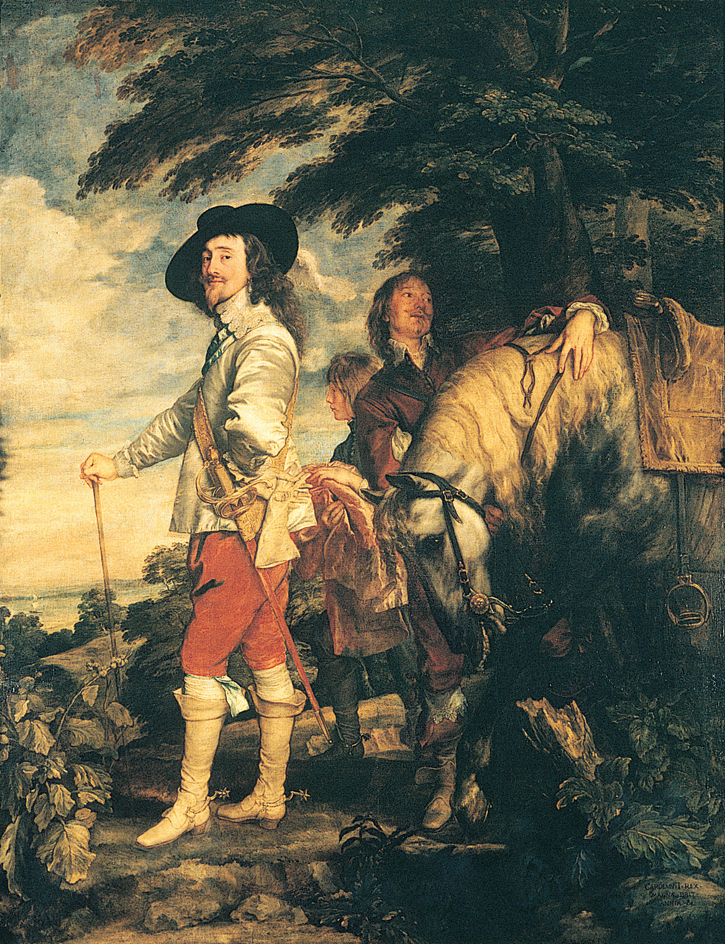Charles I (1600-1649) became king of England, Scotland, and Ireland in 1625. Charles supported the divine right of kings, the belief that a monarch’s right to rule came directly from God. His conflicts with Parliament helped lead to the English Civil War in 1642. Charles was a member of the House of Stuart. He was born in Dunfermline, Scotland, on Nov. 19, 1600.

From 1625 to 1629, Charles called three Parliaments and dissolved each one because the members opposed his political, fiscal, and religious reforms. In 1628, he reluctantly accepted the Petition of Right, a document that was drawn up by Parliament and which insisted that Charles rule by existing laws.
Charles ruled without Parliament from 1629 to 1640. He tried to force Scotland to use English forms of worship, and in 1639, the Scots rebelled. Charles had to call Parliament to obtain money to fight the rebels. He dismissed one Parliament, called the Short Parliament, after only three weeks, but he had to summon another. This Parliament, known as the Long Parliament, met from 1640 to 1653 and again briefly in 1660. In 1641, it passed sweeping political and legal reforms.
In 1642, the king tried to arrest six parliamentary leaders. This attempt helped lead to civil war later that year. Charles had the support of many members of the upper classes and of the clergy of the Church of England. Numerous merchants and religious reformers called Puritans supported Parliament. Oliver Cromwell, a Puritan and parliamentary general, won key battles. Charles surrendered to Scotland’s army, and the fighting ended in 1646. Soon afterward, Scottish leaders turned Charles over to Parliament. He escaped in 1647, leading to a brief return to civil war in 1648. In 1649, a special court created by Parliament convicted Charles of treason, and he was beheaded on January 30.
